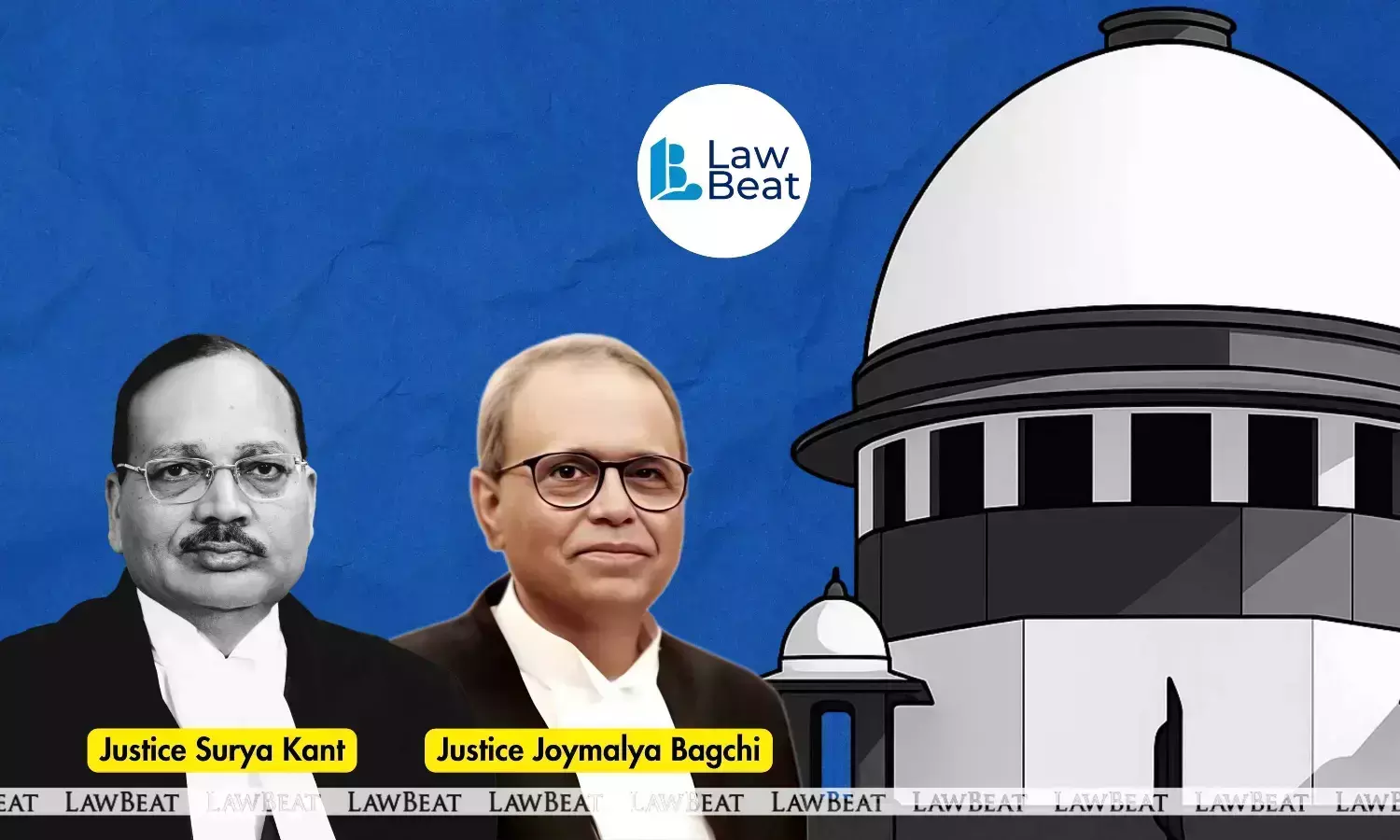SC Bats for Increased Judicial Cadre to Handle Special Statute Trials, Flags Delay in UAPA, MCOCA Cases

High Court have also been asked for suggestions to improve and for a uniform pattern of disclosure of information to the general public.
Reiterating its consistent concern over delays in trials under special laws, the Supreme Court on Thursday suggested that instead of earmarking cases within the existing judicial strength, the Union Government should consider increasing the cadre of judicial officers to handle such matters. The Court observed that diverting sitting judges exclusively for trials under laws such as the Unlawful Activities (Prevention) Act (UAPA) and Maharashtra Control of Organized Crime Act (MCOCA) would adversely affect the functioning of other courts.
A Bench of Justices Surya Kant and Joymalya Bagchi was hearing two cases highlighting pendency and prolonged custody of undertrials, including one involving the National Investigation Agency (NIA). During the proceedings, the Bench expressed concern to Additional Solicitor Generals Aishwarya Bhati and S.D. Sanjay over systemic delays in conducting trials under special statutes.
In response, both law officers assured the Court that a joint meeting at the highest level would be convened to explore the establishment of exclusive courts for such trials. They further submitted that the proposal would involve officials of the Union Government, heads of special forces, including the Delhi Police Commissioner, and participation of both ASGs.
Recording this assurance, the Bench directed that the outcome of such deliberations be placed before it in the form of a status report.
The Court also required Chief Secretaries and Home Secretaries of the State governments to participate in the meeting.
“If there are 50 judges, please make it 60. That is what we are wanting…let it be on a temporary cadre,” Justice Kant remarked, emphasizing the need to strengthen judicial manpower instead of reallocating existing strength.
He further observed that the need for such dedicated courts is unlikely to ever vanish, given the continuous registration of such cases. Even if at a later stage the requirement diminishes, those courts could be reassigned to handle other categories of cases.
Justice Bagchi, concurring with the approach, noted that insofar as NIA cases are concerned, the Central Government itself has independent power to establish special courts, unlike some other statutes where such powers lie with the States.
Before adjourning the matter, Justice Kant suggested that governments may also explore appointing retired judicial officers with proven service records and strong trial disposal rates. “Age of 60 is hardly anything to sit at home,” he remarked, noting that retired officers are already being engaged in Permanent Lok Adalats and similar forums, and their recruitment for dedicated courts would not be administratively challenging.
This is not the first time the Supreme Court has flagged the issue. In July 2025, a Bench led by Justice Kant had conveyed to the Union of India that unless special courts with requisite infrastructure for expeditious trial of NIA cases are established, courts may be compelled to release undertrials on bail. “For how long can suspects be kept in indefinite custody?” the Court had asked then, underscoring the constitutional mandate under Article 21.
Earlier this month, the Court stressed the necessity of completing trials in heinous offences within a reasonable time frame. At that hearing, the NIA had informed the Court that consultations with States were underway on the constitution of dedicated NIA Courts and that a positive outcome was likely. ASG Bhati had then submitted that the States would need to be onboard, as the power of constituting such courts lies with them.
On Thursday, the Bench conveyed a similar sentiment in the present set of cases, noting that the creation of dedicated courts for trials under special statutes would send out a strong message of society’s commitment to the rule of law.
The matter will be taken up next after the status report on the proposed inter governmental meeting is filed.
Case Title: Mahesh Khatri @ Bholi v. State NCT of Delhi, SLP(Crl) No. 1422/2025
Date of Hearing: September 12, 2025
Bench: Justices Surya Kant and Joymalya Bagchi
